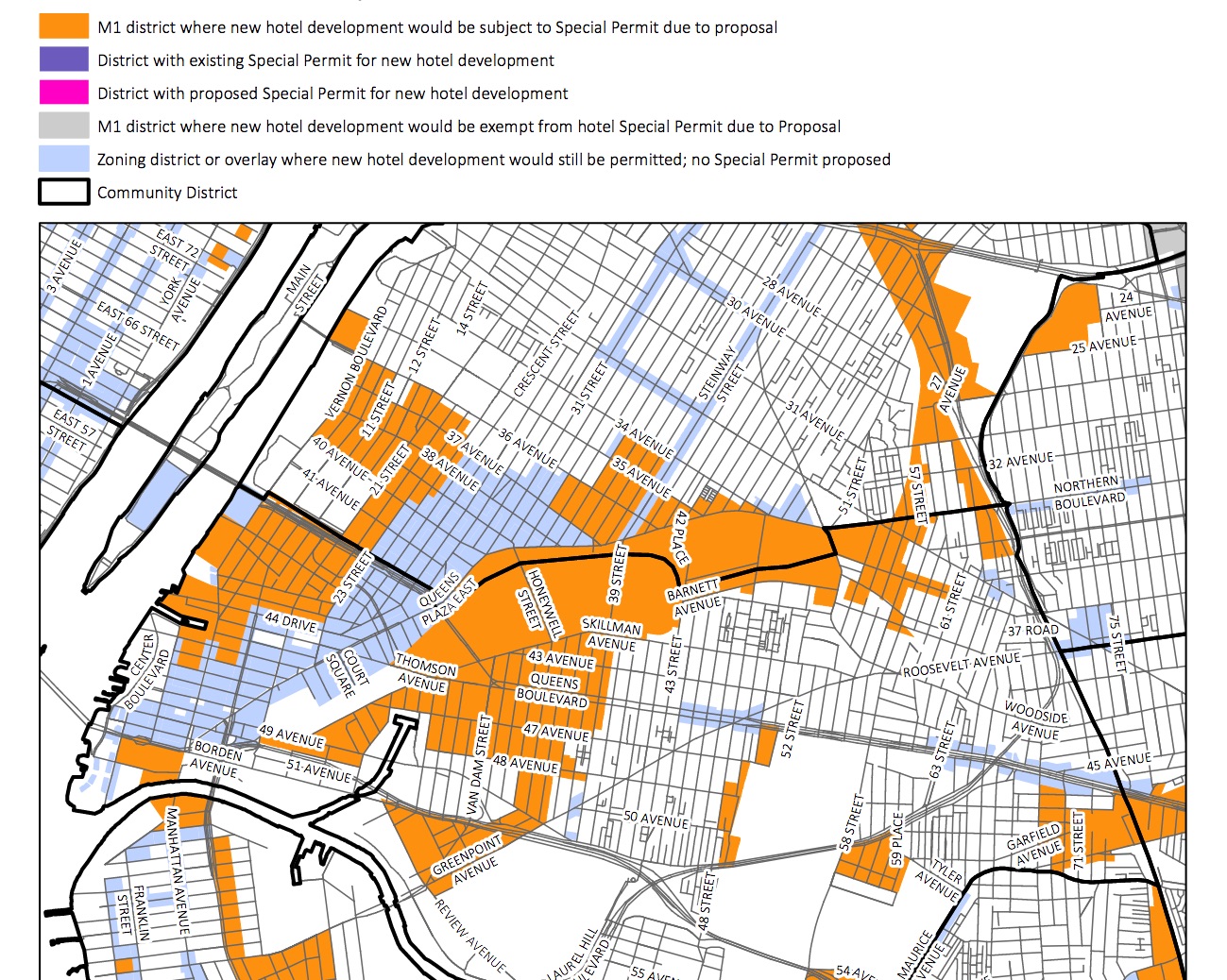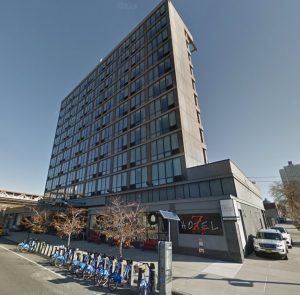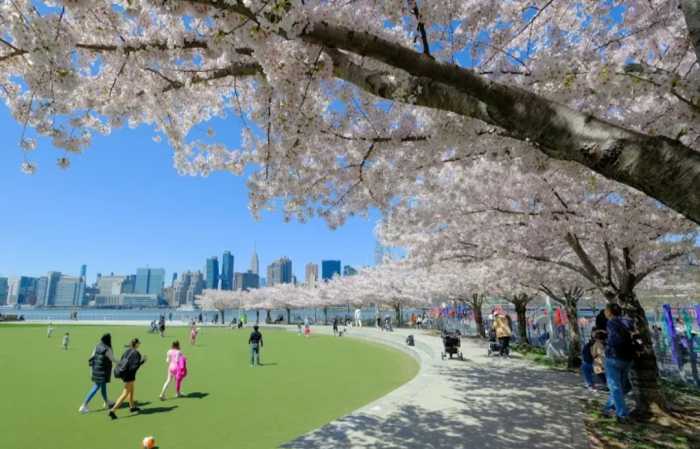Red Lion Inn & Suites in Long Island City. Hotels in this area would not be subject to the city’s proposed special building permit. (Google Maps)
May 1, 2018 By Nathaly Pesantez
A large stretch of Long Island City will be exempt from the city’s new plan to curb hotel development throughout the five boroughs.
The city’s proposal would require hotel developers to obtain a special permit–requiring a lengthy public approval process–to build in certain manufacturing and industrial districts around the city. The Department of City Planning, the agency behind the effort, began the public review process to amend the zoning text that would require these permits just days ago.
The city says rampant hotel development in M1 zoning districts, where such development is legally allowed, has created a mixture of problems and unintended outcomes for some neighborhoods. Some hotels in areas with a heavy industrial presence simply don’t mesh and drive out industrial businesses, for example, while other hotels have spurred tourist-oriented changes in a given area.
But in the Special Long Island City Mixed Use District, a roughly 40-block section from Hunters Point to Dutch Kills that includes residential and M1 manufacturing zones, the amendment won’t apply, despite it applying to most manufacturing districts around the city.

A map showing areas that will be affected by the M1 Hotel Text Amendment. The Special Long Island City Mixed Use District (light blue) would be exempt from the special permit requirement. The areas in orange would fall under the permit requirement. (DCP)
The city, which has been working on the proposal since 2015, says the special mixed use district was excluded because it has the infrastructure in place to support hotel development without it detrimentally affecting communities in it.
Amanda Eyer, a project manager at the Department of City Planning, said in an October Community Board 2 Land Use meeting that the amendment’s focus is to protect pure manufacturing and industrial zones, not mixed zones like special Long Island City Mixed Use District.
“Ultimately, we do think there need to be some places where hotels get built as of right,” Eyer said.
But Community Board 2’s Land Use Committee raised concerns with the exclusion of the mixed use district in the amendment, including its effectiveness and scope.
Lisa Deller, Land Use Chair, was opposed to the city’s assessment of the special use district, and called for the permit area to apply there. Deller cited Long Island City’s booming hotel and residential growth and “mixed reviews on how these hotels are operating,” including the city’s use of hotels in the area to shelter the homeless.
While the special district was ultimately left out of the text amendment, considerable sections of Long Island City, mostly wrapping around the special district, will fall under the special permit areas if the amendment passes.

Hotel developers looking to build by Hotel Z would need a special permit if the text amendment passes. (Google Maps)
Many, however, think the proposal should still cover a larger portion of Long Island City.
“The M1 Hotel Text Amendment provides much needed control in the Industrial Business Zone but it does not provide protection in the low rise residential areas,” said the LIC Coalition, a local community group.
“There is no reason to believe that once squeezed out of the M1 zone, hotel developers would not seek opportunities where they can,” the group added.
Councilmember Jimmy Van Bramer said in a statement that the amendment is a good start, but does not go far enough.
“Long Island City is inundated with hotels, particularly in the areas that will not be affected by this change,” he said. “I am in talks with the administration fighting to have the exempt zones in LIC included in this amendment. Unless and until there is a clear, broad need to build additional hotels in this neighborhood, developers should have to go through a rigorous public process to demonstrate that a hotel is both needed and that this use is good for the community.”
Other areas exempt from the special permit requirement include sections of East Elmhurst, Ozone Park, and Springfield Gardens, given their proximity to the airports. The city will also be exempt from the special permit requirement if it operates hotels to provide temporary shelter to the homeless and other public purposes.
The LIC Partnership says there are currently more than 3,200 hotel rooms in Long Island City, with over 4,600 being planning or in construction.


































